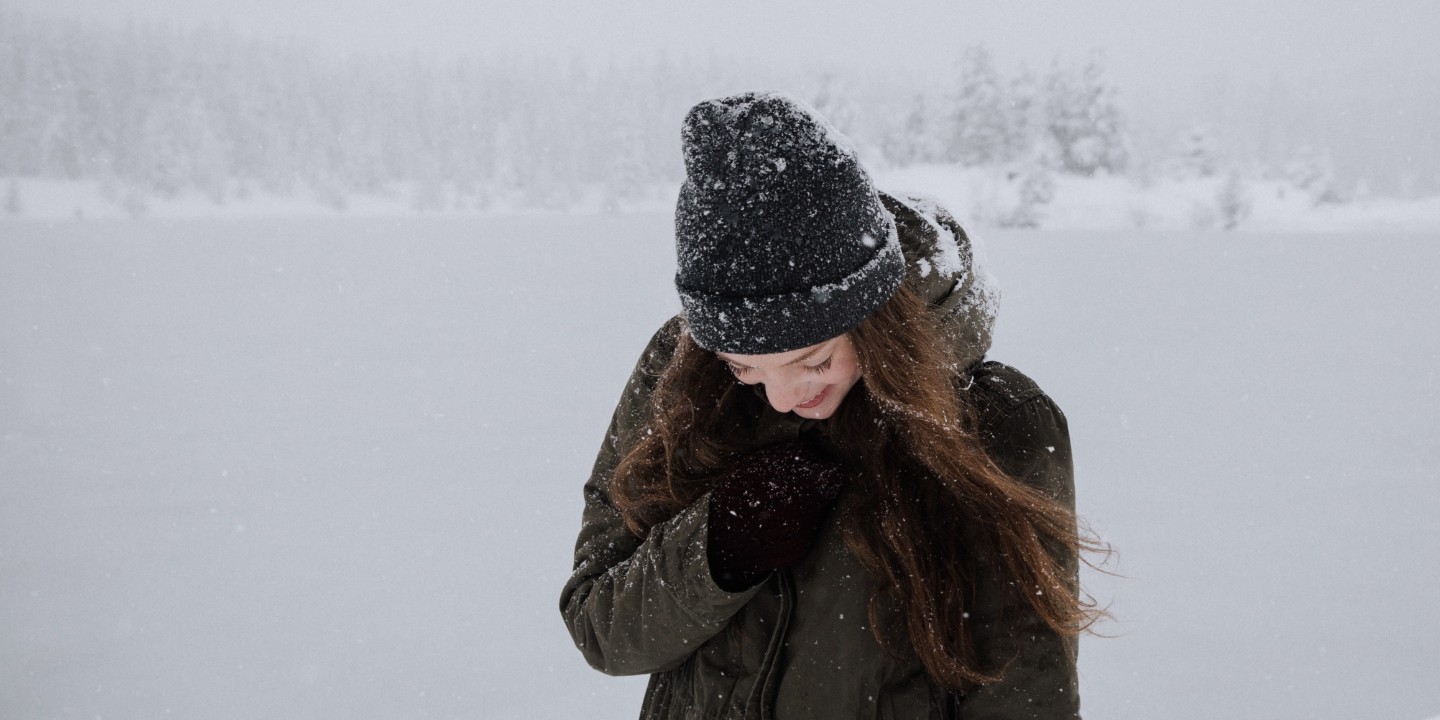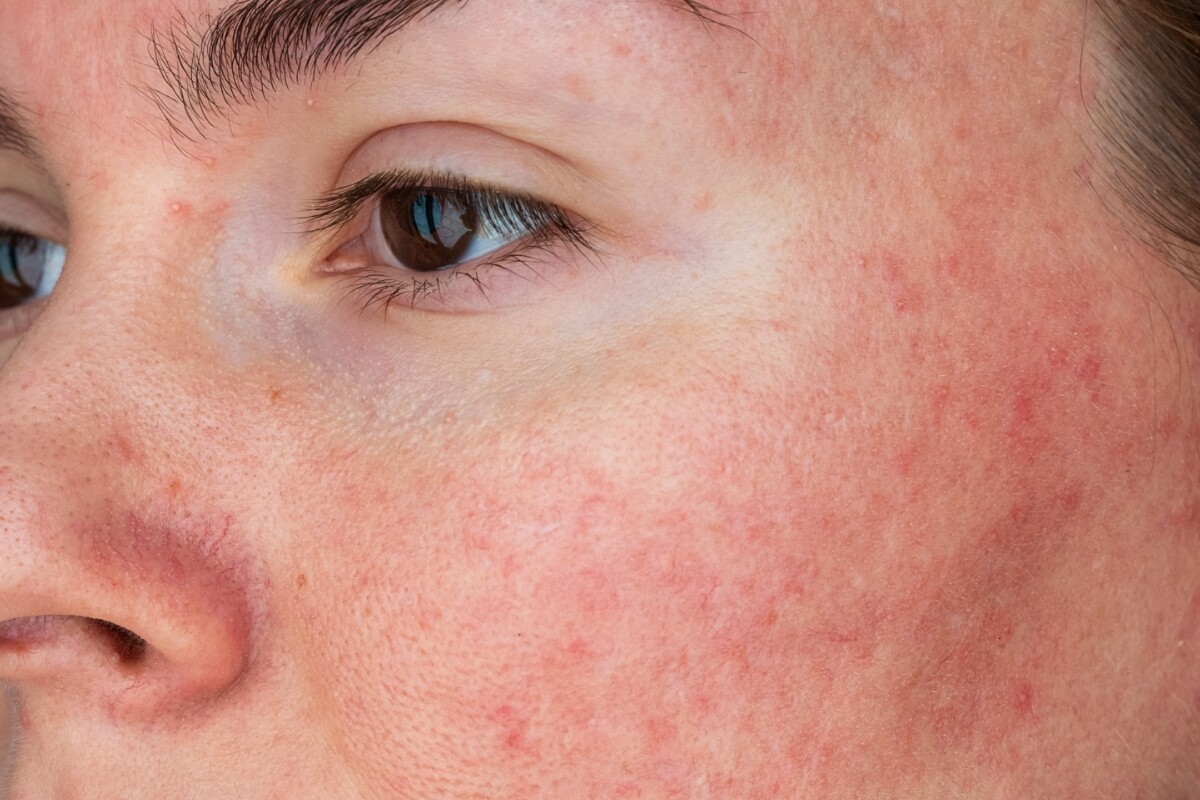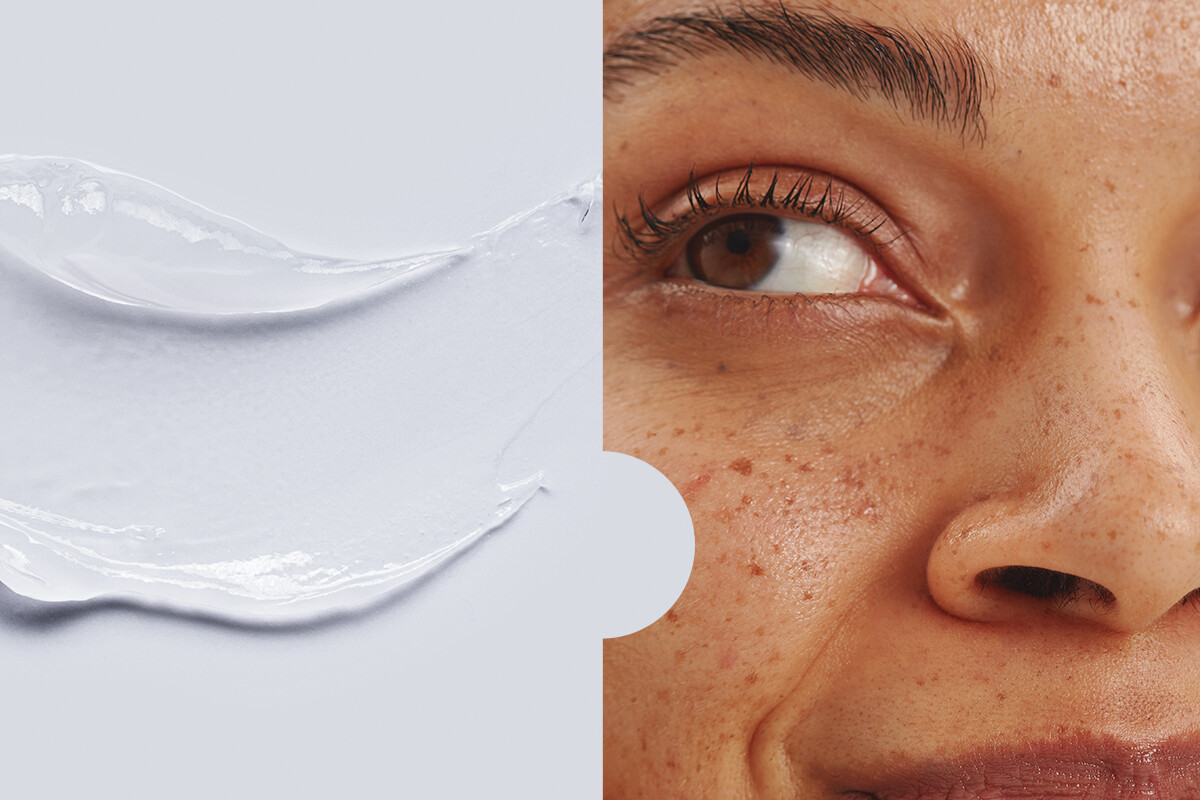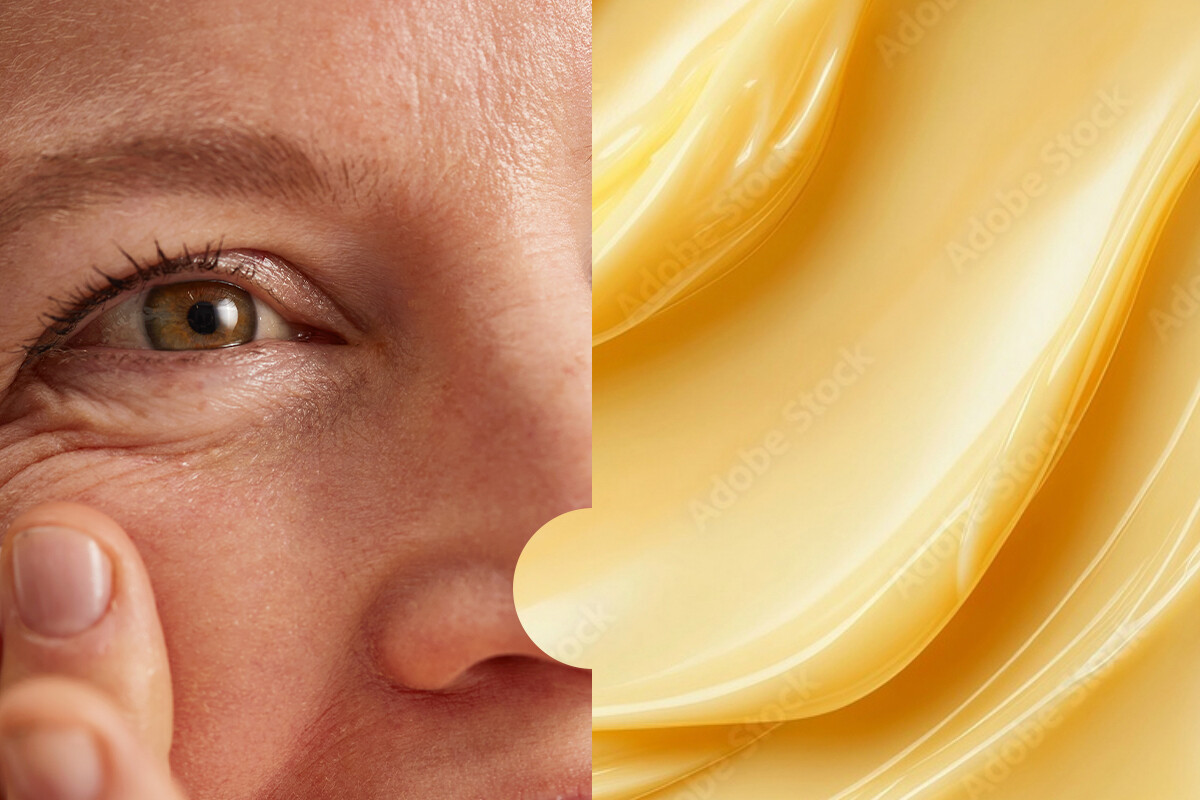Wherever in the world you’re reading this, you’ll probably notice changes to your skin throughout the year. Seasonal temperature drops and reduced air moisture can create new challenges for your skin, including dryness and inflammation. So, our dermatology experts have picked their best tips for keeping your skin healthy throughout the winter.
Here’s what to do if…
You feel you need to change your routine
Shifting seasons aren’t a sign to completely switch up your skincare routine. Stick to any products that are working for you, and make swaps if you feel more irritation, dryness or oiliness than usual. If you do try a slightly different routine, introduce any new active ingredients slowly — if you experience any irritation at first, don’t be afraid to take a break. Make sure you moisturise regularly, and if your skin still feels dry, add some hydrating ingredients to your routine — we love humectants like hyaluronic acid and panthenol. Remember, keeping your routine simple helps protect your skin barrier, and a healthy barrier helps lock moisture in and keep nasty pollutants out.
Your skin feels sensitive and overworked
We’ve already mentioned the importance of maintaining your skin barrier, but that can be hard during winter. Weather changes, central heating, cold air and using active ingredients can all dry your skin out at this time of year due to the lack of moisture in the air. This can upset your skin barrier, and over-cleansing and using exfoliants can cause even more irritation. A gentle cleanser will minimise this — so choose a water-based, non-stripping formula that doesn’t foam to help your skin retain its natural moisture. If you prefer to double cleanse, use a cream or balm first. You don’t need to double cleanse, but it’s usually a good idea if you’re wearing makeup or SPF.
You get dry skin in winter
Since so many factors, like temperature changes and central heating, can cause dryness in winter, it’s really important that you keep your skin hydrated. That means being smart with your moisturiser. If you’re prone to dry patches on your face during colder months, switch to a rich moisturiser or, if you have acne, apply a gel moisturiser more frequently. Extremely dry skin could benefit from ‘slugging’ — a beauty trend that involves using occlusive moisturisers like petroleum jelly in the last step of your PM routine to seal in hydration overnight. This could cause some irritation if you’re using certain active ingredients though, so you should avoid it if you’re acne-prone as it may clog your pores. We don’t recommend doing it every night. Instead, save it for when you’re having a night off from using any actives.
You’re off on a snowy holiday
You should wear SPF all year round with your Dermatica formula. Many of the conditions we help treat, like rosacea and hyperpigmentation, are triggered by UV radiation, so it’s important to keep your skin protected to maintain your results. There are still plenty of UVA rays on cloudy winter days that can damage your skin — to learn more about types of UV, check out our blog post. Even if you’re not using prescription actives, minimising sun exposure helps lower your risk of UV damage and skin cancer. This is especially important if you’re out in the snow during winter. Ski slopes are great fun, but settled snow at high altitude reflects UV rays from the sun, which intensifies them and makes them more harmful. Apply a broad-spectrum sunscreen of at least SPF 30 every morning around 20 minutes before you go outside, and top-up regularly if you’re active.
You’ve got dry lips
Lips are especially sensitive to weather changes, often becoming dry and chapped during the winter months. To minimise this, make sure you avoid your mouth area when applying topical retinoids. Moisturise your lips regularly — your usual moisturiser will do the trick, but a lip balm may be less greasy and feel better on your lips.
You experience sensitive skin or rosacea
Stick to our routine advice to care for your sensitive skin in winter. Don’t overhaul your routine, moisturise and cut out actives if they’re too harsh — listen to your skin. If you experience rosacea, you’ll already know how easily it can be triggered. In winter, there are lots of things that can cause a flare-up, including:
UV exposure: Just like other times of the year, the sun can trigger your rosacea — in the Northern Hemisphere, UV rays aren’t as strong, but it’s still important to wear SPF daily to keep your skin protected.
Windburn and cold air: Where you can, try and keep your face covered with a scarf or hat to protect it from the weather.
Food: The rich, spicy foods and alcohol often served up around seasonal holidays like Christmas can trigger your rosacea. You don’t need to cut them out entirely, but enjoy them in moderation to minimise inflammation.
Heat: Heat is as much a trigger as the cold is, and there’s surprisingly lots of it during winter. Central heating, electric blankets and very warm clothes can make you overheat and trigger a flare-up — stick to layers and aim to be warm, rather than hot.
Haven’t started your Dermatica journey yet? Take a free online consultation today to get a dermatologist-approved formula tailored to your skin goals.
Dr Catriona Maybury
Dr Catriona Maybury is a Consultant Dermatologist, working as Medical Lead for Dermatica and at St George’s Hospital in London. Catriona completed her specialty training at St John’s Institute of Dermatology in London. Catriona has a special interest in medical dermatology, completing a PhD in liver fibrosis amongst psoriasis patients at King’s College London. Catriona is a certified coach and worked as Dermatology Section Editor for the British Medical Journal.





